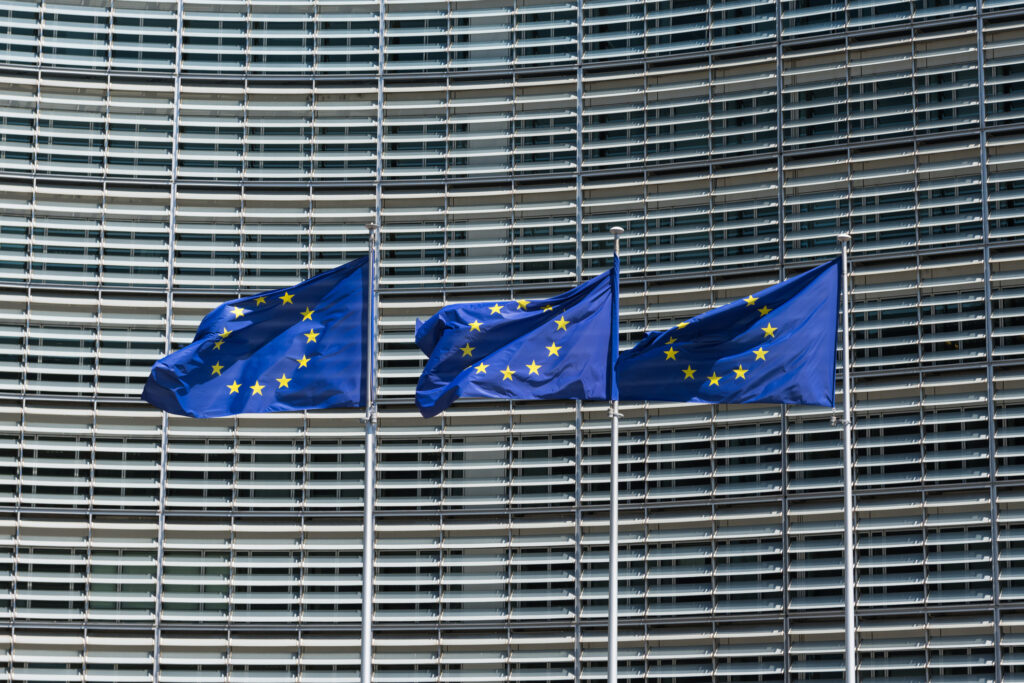Bulgaria’s Accession to the Eurozone: What Companies Should Prepare For
From January 1, 2026, the euro will become Bulgaria’s official currency for invoicing, financial reporting, and all monetary transactions, replacing the lev at the fixed exchange rate of 1 euro = 1.95583 leva, as determined by the European Council. Our team has summarized the most important information for companies regarding the introduction of the euro […]
Bulgaria’s Accession to the Eurozone: What Companies Should Prepare For Read More »











